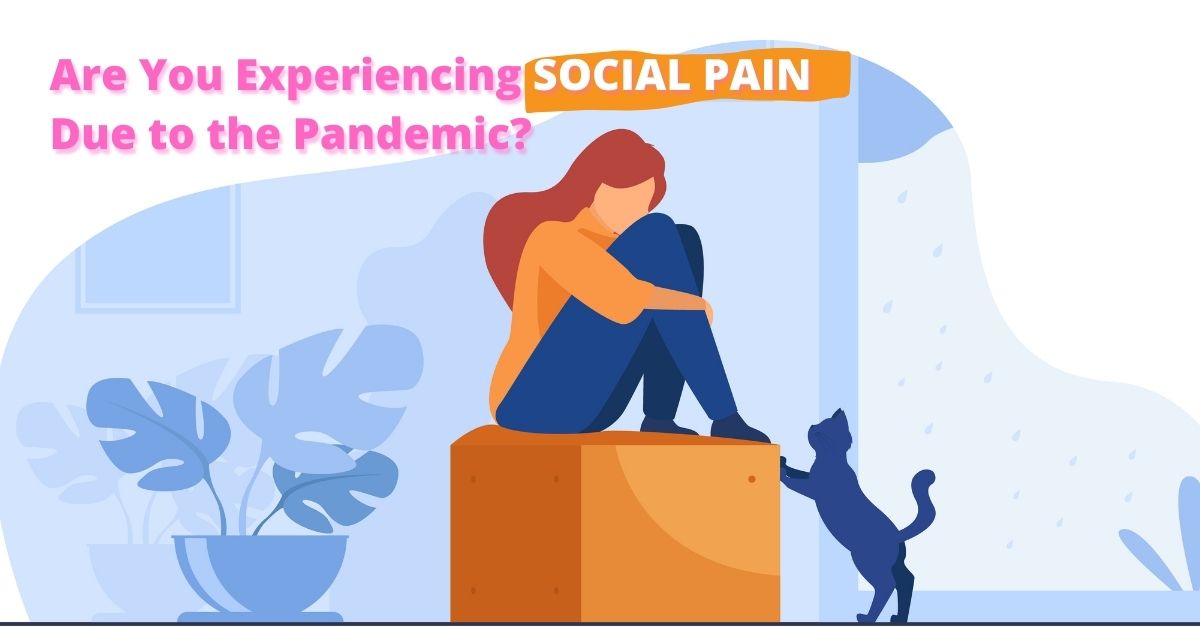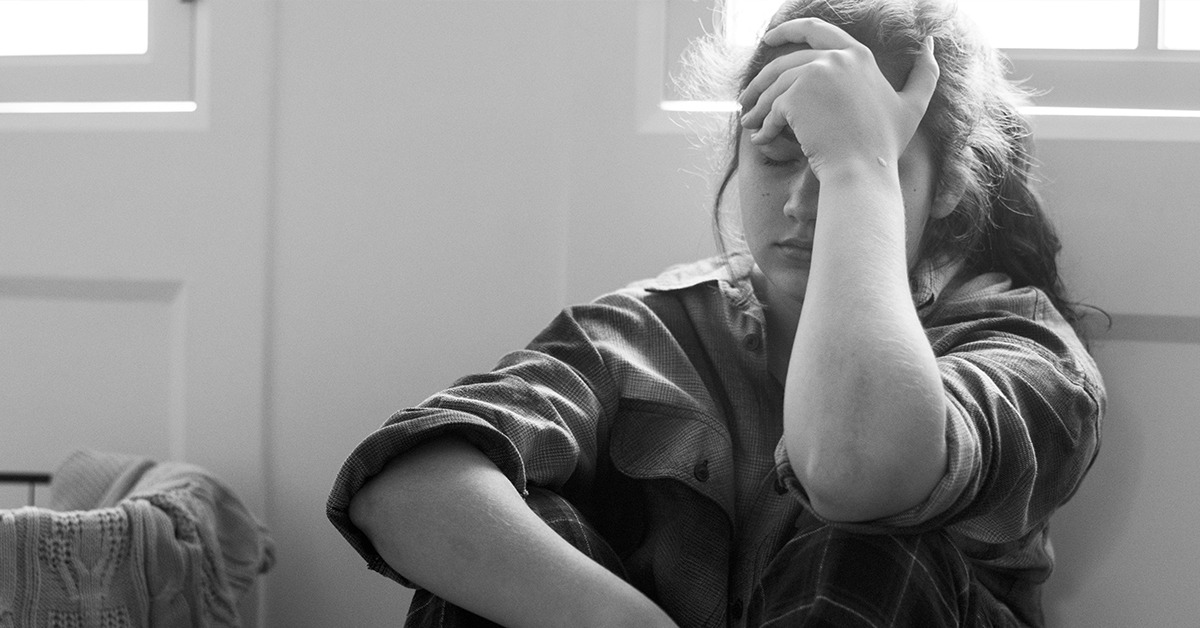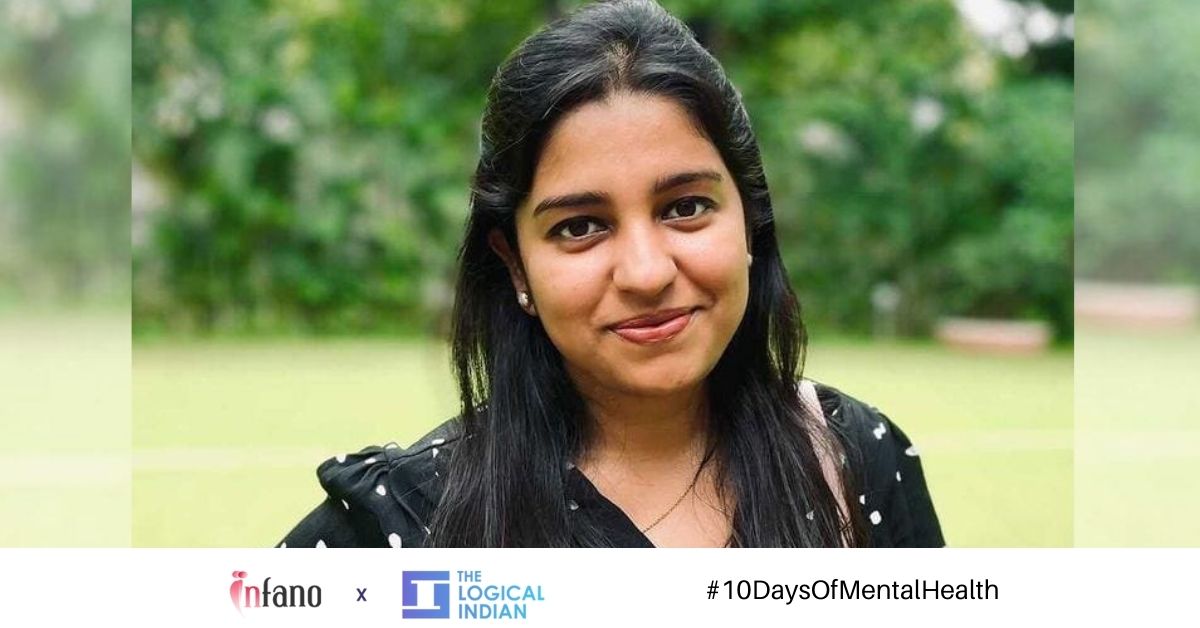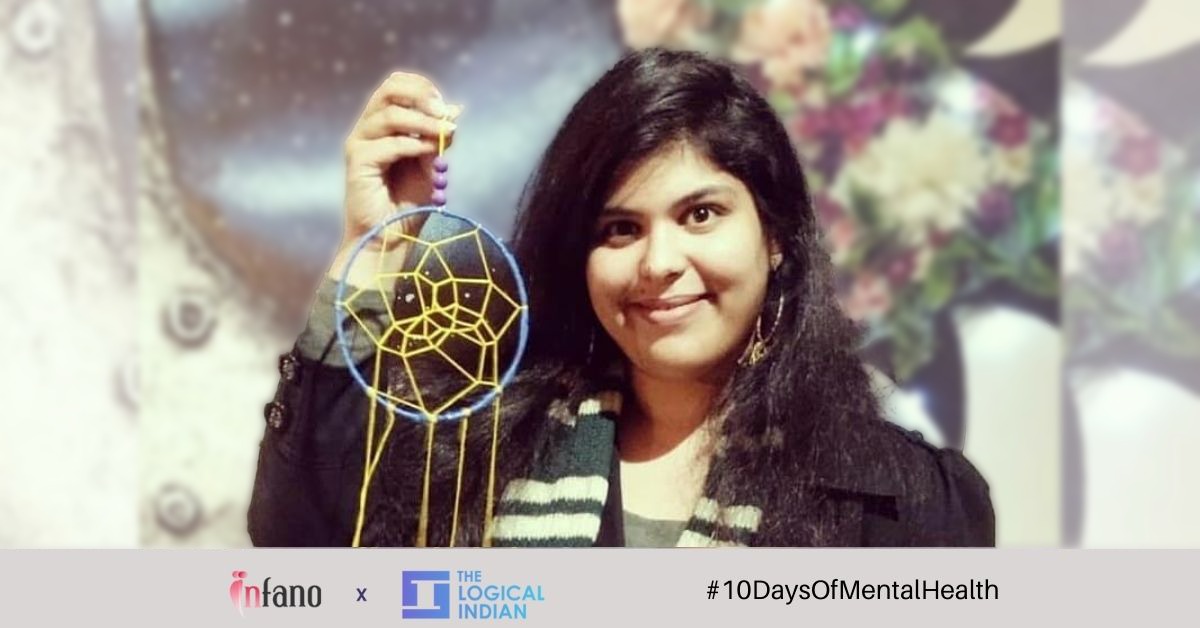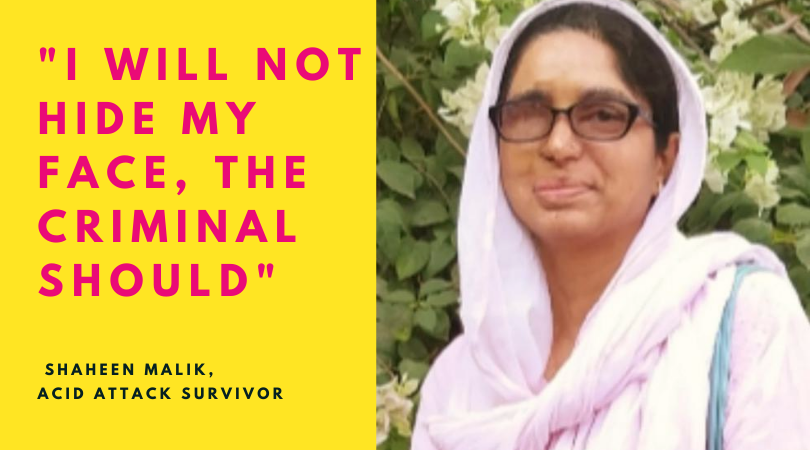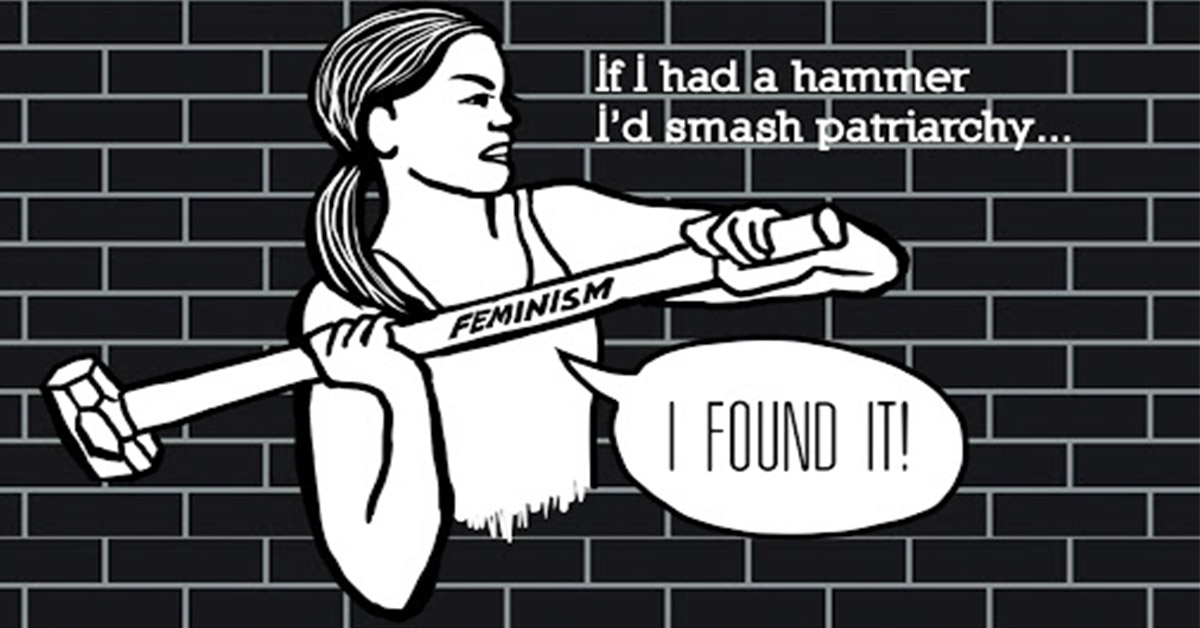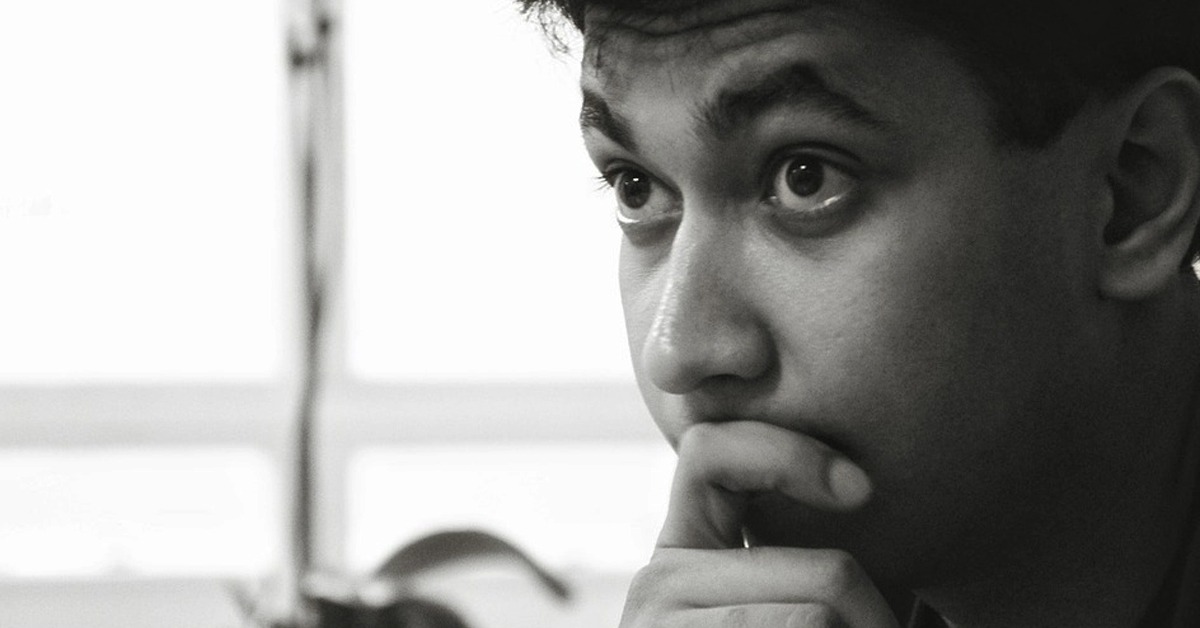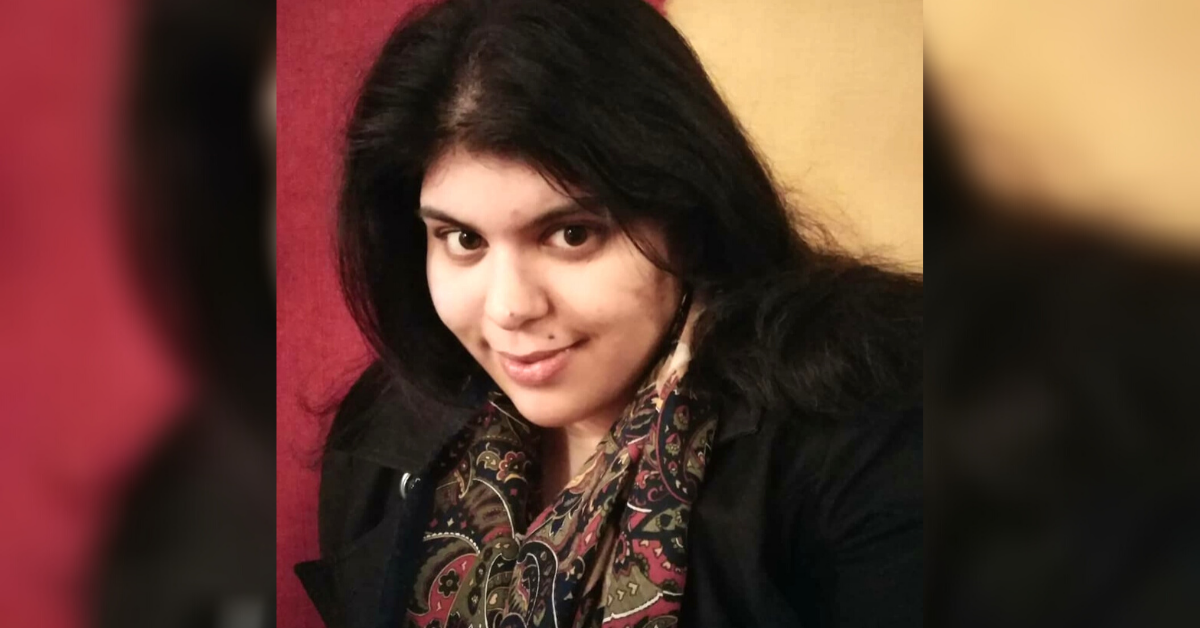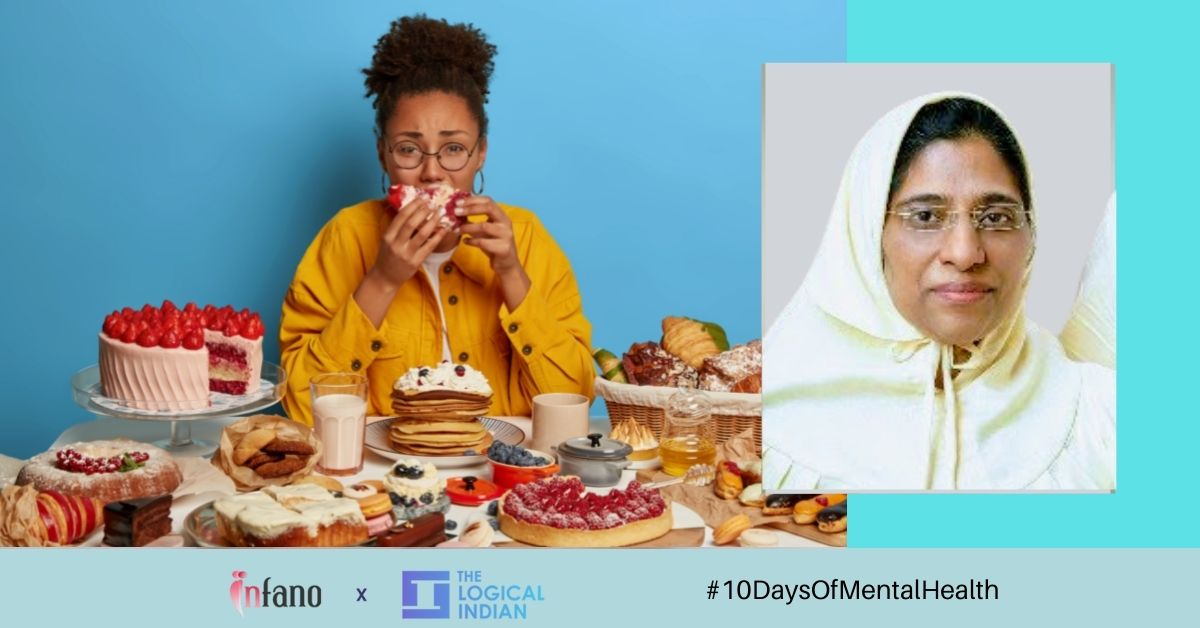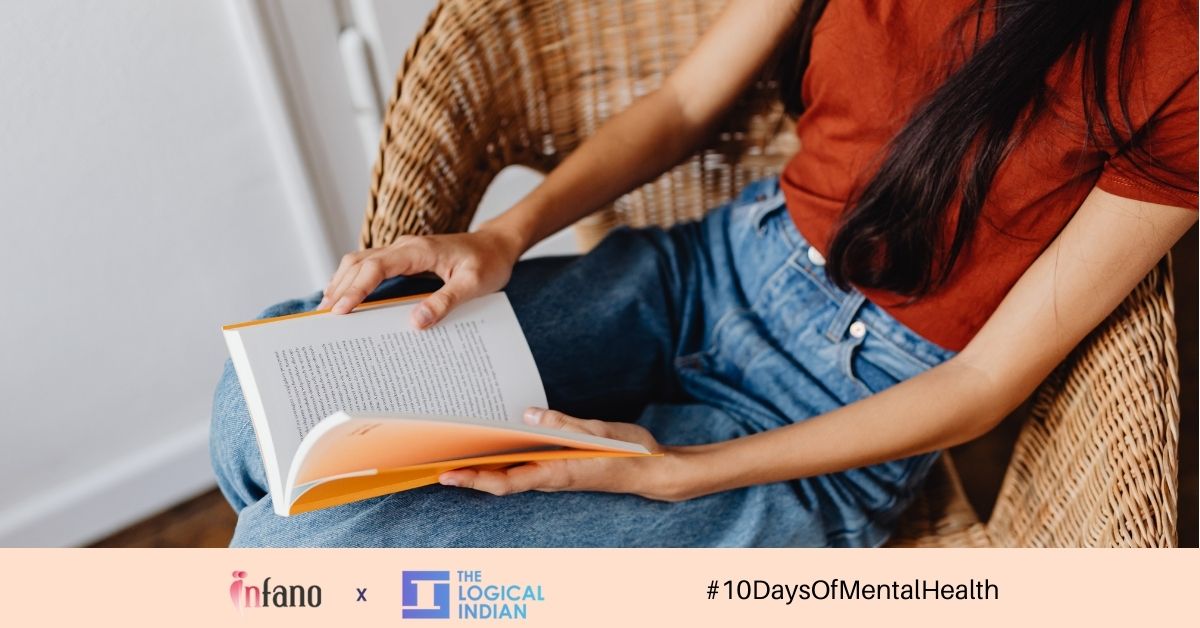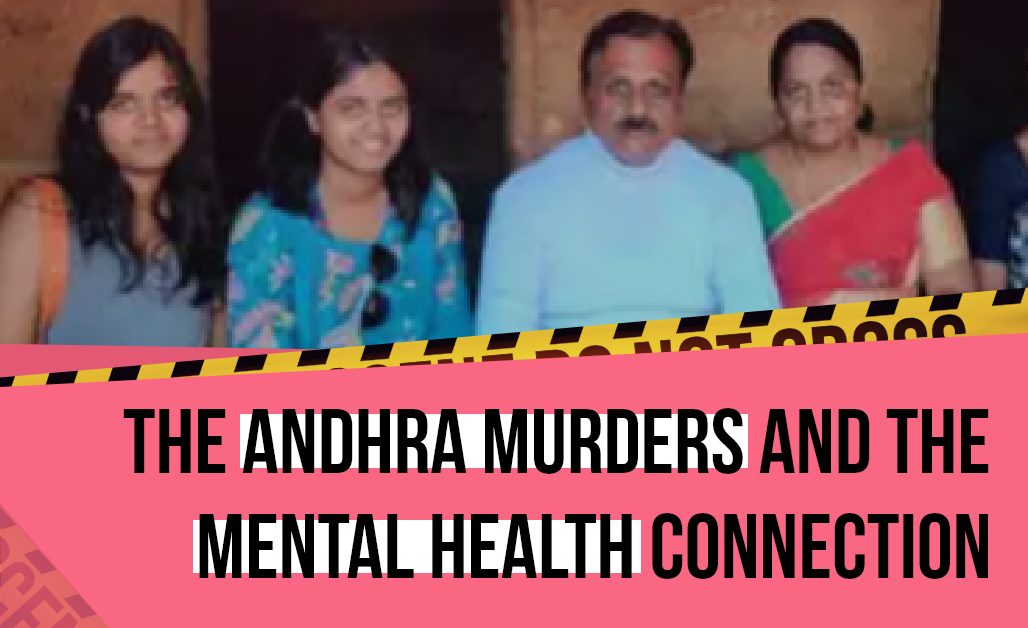The pandemic has made us socially grow apart (quite literally). With all the quarantine, lockdown, and social distancing that the world has gone through, and as humans slowly try to cope with the new normal of isolation and social distancing, psychologists say that many might be undergoing a condition called social pain or the pain of social disconnection.
What is social pain?
Social pain is caused by events such as feeling excluded from social connections or activities, rejection, bullying, the sickness or death of a loved one, a romantic break-up.
Social pain involves painful emotions caused by situations involving other people, such as feeling rejected, alone, ostracized, devalued, abandoned, or disconnected.
Healthline
The world we live in today has only escalated this for us. Sudden loss of loved ones to the pandemic, unable to meet friends and family, children not being able to go to school, people not going to the office and working from home, not able to attend social gatherings and events have only added to the turmoil.
We often perceive pain as something that is physically felt. Psychologists say that the pain caused by this is equal to feeling physical pain as it activates the same part of the brain.
Hence many might be going through social pain which may manifest in the form of heartbreak, depression, missing someone, feeling isolated, abandoned, or disconnected from loved ones, and maybe overwhelming and difficult to comprehend or express as it’s only felt emotionally.
Ways to cope with social pain in a COVID-19 world
Feelings of social pain can be intolerable and while it may not be seen or felt, it is real and should not be dismissed. It helps to seek out to a loved one or professional help in the form of therapy for those who may feel they are unable to cope.
However, if you or a loved one feels that you may be going through this, here are some ways to help you get through.
Accept that the pain is real
Accepting that social pain is as real as physical pain helps you to connect with your feelings instead of dismissing it. Know that there is nothing wrong with that. Identifying that one may be going through something and may need help is the first step towards healing.
Avoiding to thinking about the social situation
Though this is easier said than done, focus on the happy memories. A good sleep and rest, listening to music, hugging loved ones and pets, a warm shower or bath, meditation, sweet smells from a scented candle can all heighten and elevate the mood.
Find a hobby or distraction
Watch TV or movies, read books, cook, get into fitness or exercise regime- this can all help overcome the void and keep one occupied. Learn the many courses available online, sign up for a new skill, learn baking or gardening. Practice yoga. There are so many things to do. Find the thing that brings out the best in you.
Try new forms of technology to communicate
Thanks to technology, communication has become more personal over the years. Email, phone calls, video-based calls, such as Zoom and FaceTime can all help to keep you connected with friends and family. Keep a tab on your loved ones and make sure you help each other cope with these distressing times by staying connected and looking out. Or just reach out to your neighbour over the window and say hi every now and then.
However, if feelings of social pain persist for over a few weeks, it is best to reach out to a mental health professional.

